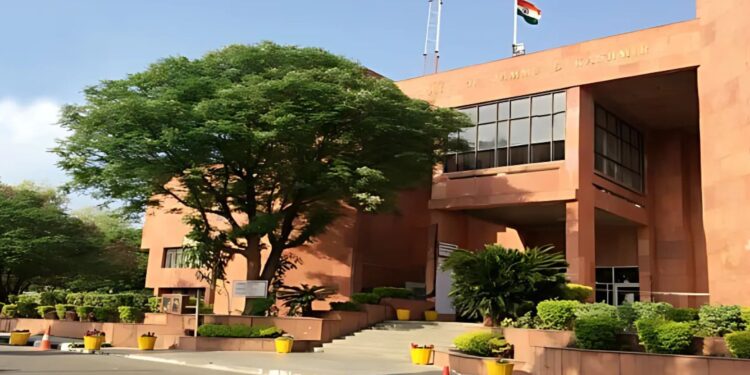A petition has been filed in the Jammu and Kashmir High Court challenging the victory of Bharatiya Janata Party (BJP) leader Balwant Singh Mankotia from the Chennai constituency in the recently held Jammu and Kashmir Assembly elections (Harsh Dev Singh v. UT of Jammu & Kashmir and Ors).
The petition, filed by Harsh Dev Singh, former Education Minister of Jammu and Kashmir and leader of the Jammu and Kashmir National Panthers Party, accuses Mankotia of corrupt election practices and seeks to cancel his election. Singh also requests that he be declared the rightful winner of the Chenani constituency.
On November 28, 2024, Justice Rajnesh Oswal of the Jammu and Kashmir High Court directed Mankotia, the Election Commission of India (ECI), the Jammu and Kashmir Chief Electoral Officer, and the Jammu and Kashmir government to file their responses to Singh’s petition. The court also issued notices to the Jammu and Kashmir Home Department and the returning officer of the Chenani constituency.
Singh, who lost the election to Mankotia by a margin of 15,611 votes—Mankotia securing 47,990—claims that the election was marred by large-scale corruption and manipulation. He alleges that Mankotia’s supporters used various tactics, including bribery, the distribution of gifts, and religious influence, to sway voters. Singh further argues that the election was tainted by the widespread distribution of sarees, suits, umbrellas, t-shirts, bags, cash, and liquor to voters as incentives to vote for Mankotia.
In his petition, Singh provides testimonies from voters who claim they were offered significant amounts of cash and other gifts like sarees and suits in exchange for their votes. Singh also argues that such practices violate election laws and have distorted the democratic process in the Chenani constituency.
The court will hear the matter on March 11, 2025. Senior Additional Advocate General Monika Kohli has accepted the notice on behalf of the government respondents, while Advocate Aseem Kumar Sawhney represents Harsh Dev Singh. The court’s decision in this case could have significant implications for the integrity of the election process in Jammu and Kashmir and set a precedent for future regional election disputes.

















